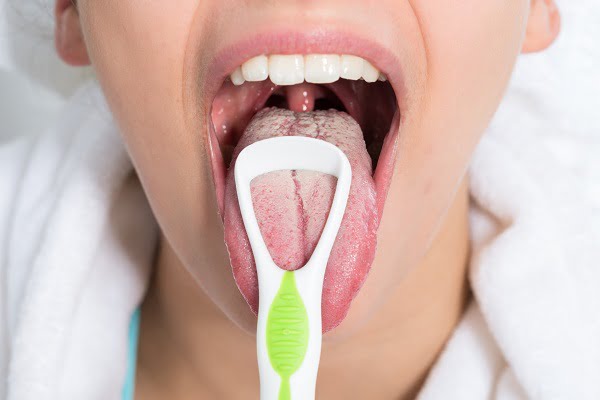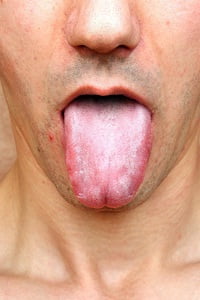What is Dry Mouth (Xerostomia)?
- Updated on: Jul 9, 2024
- 2 min Read
- Published on Apr 19, 2021

Introduction: Dry Mouth (Xerostomia)
Dry mouth or xerostomia is a condition in which the salivary glands in mouth don’t make enough saliva to keep the mouth wet. It often occurs due to the side effect of certain medications or aging process or as a result of certain therapies that delivered in cancer treatments.
In some cases, dry mouth may be caused by a condition that directly affects your salivary glands.
What is the function of saliva (Saliva benefits)?
Saliva helps prevent tooth decay by neutralizing acids produced by bacteria in the mouth, slowing bacterial growth and, cleaning away food particles. Saliva also helps mineralization of teeth.
Saliva also improves the ability to taste and helps in chewing and swallowing the food. Saliva contains certain enzymes that help in digestion.
When saliva production is insufficient, all of these functions are affected.
Is having a dry mouth normal?
It’s normal to have a dry mouth occasionally if you’re dehydrated or in certain situations such as when you are feeling nervous. But regularly having a dry mouth can be a sign of a problem that requires diagnosis and treatment.
You should meet your dentist if you have a dry mouth more often so that he or she can find its cause.
Read about what can cause a dry mouth.
How common is dry mouth condition?
Dry mouth affects about 10% of all people and is more prevalent in women than men. Disorders of saliva production generally affect old people and those who take prescription and nonprescription medications frequently.
Is it possible to prevent dry mouth?
There is really no way to prevent dry mouth. You can only prevent the side effects of dry mouth. It is important to detect, diagnose, and treat xerostomia as early as possible as it can cause major problems that can have a devastating effect on your dental and overall health.
However, there are a number of ways you can minimize the effects of dry mouth, such as the following.
How to minimize the effects of dry mouth?
- Sip water or sugarless drinks often
- Avoid drinks that contain caffeine, such as coffee, tea, and some sodas
- Use oral care products that assist in moisturizing the mouth
- Chew sugarless gum to stimulate saliva flow
- Avoid sugar and acidic foods
- Avoid tobacco or alcohol. They worsen the dry mouth further.
- Minimize use of spices or salty foods
- Use a humidifier at night
What are the symptoms of dry mouth?
You may notice these symptoms if you are not producing enough saliva:
- Dryness in the mouth
- A feeling of stickiness in the mouth
- Saliva that is thick and stringy
- Bad breath
- Difficulty in chewing, speaking and swallowing
- Dry or sore throat
- Hoarseness
- Dry or grooved tongue
- Sense of taste changes
- It can result in lipstick sticking to the teeth
- Tooth decay may occur as a result of dry mouth












